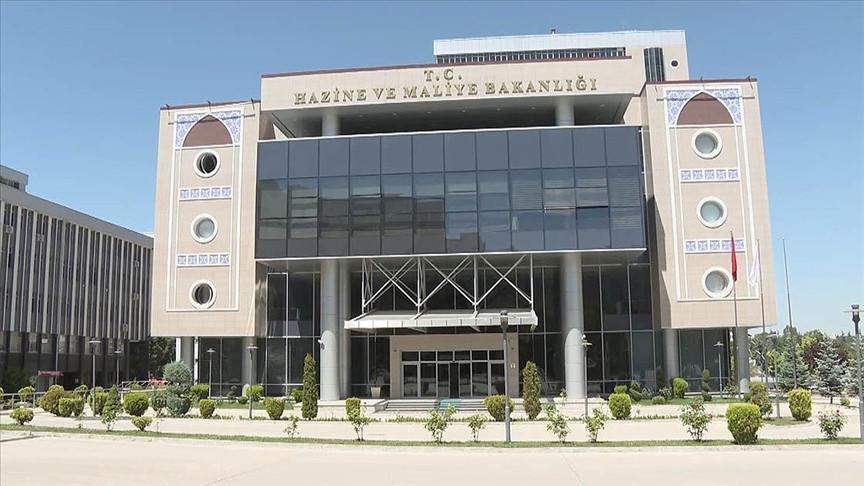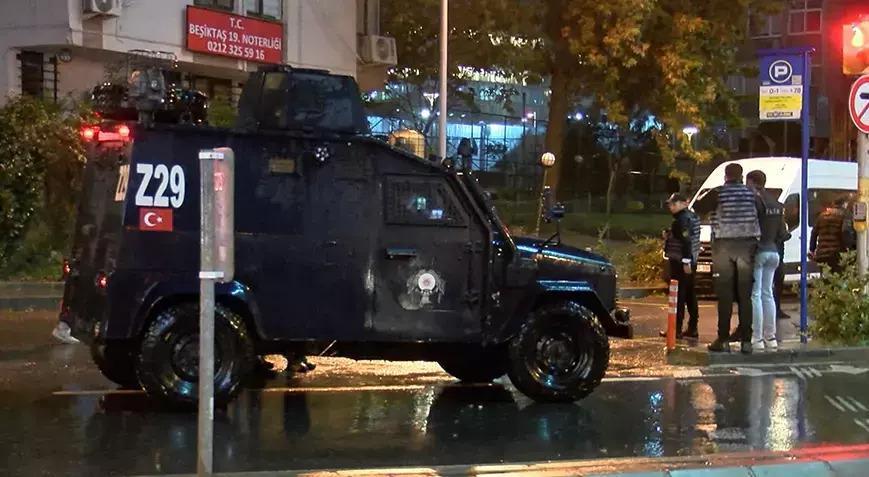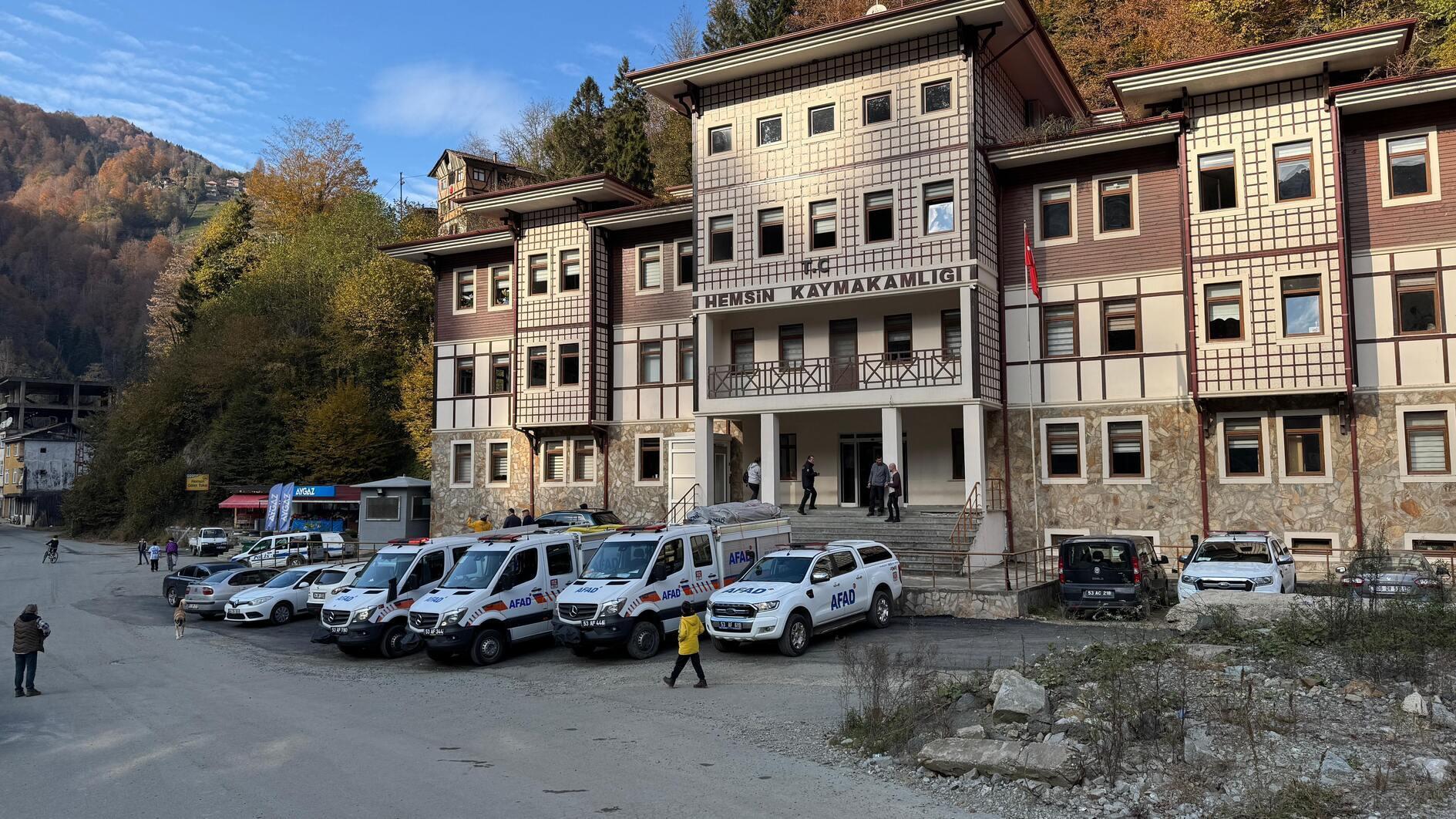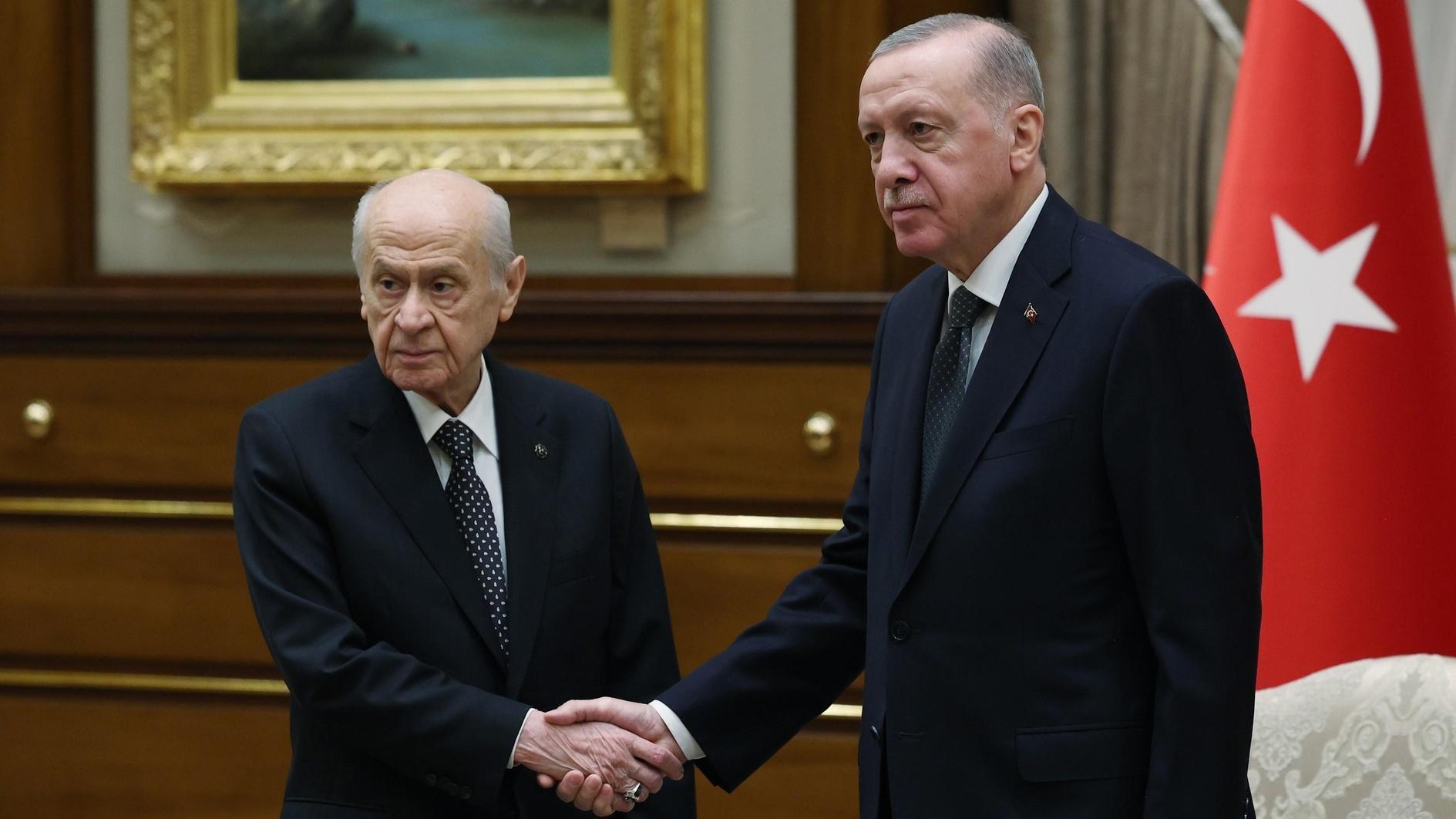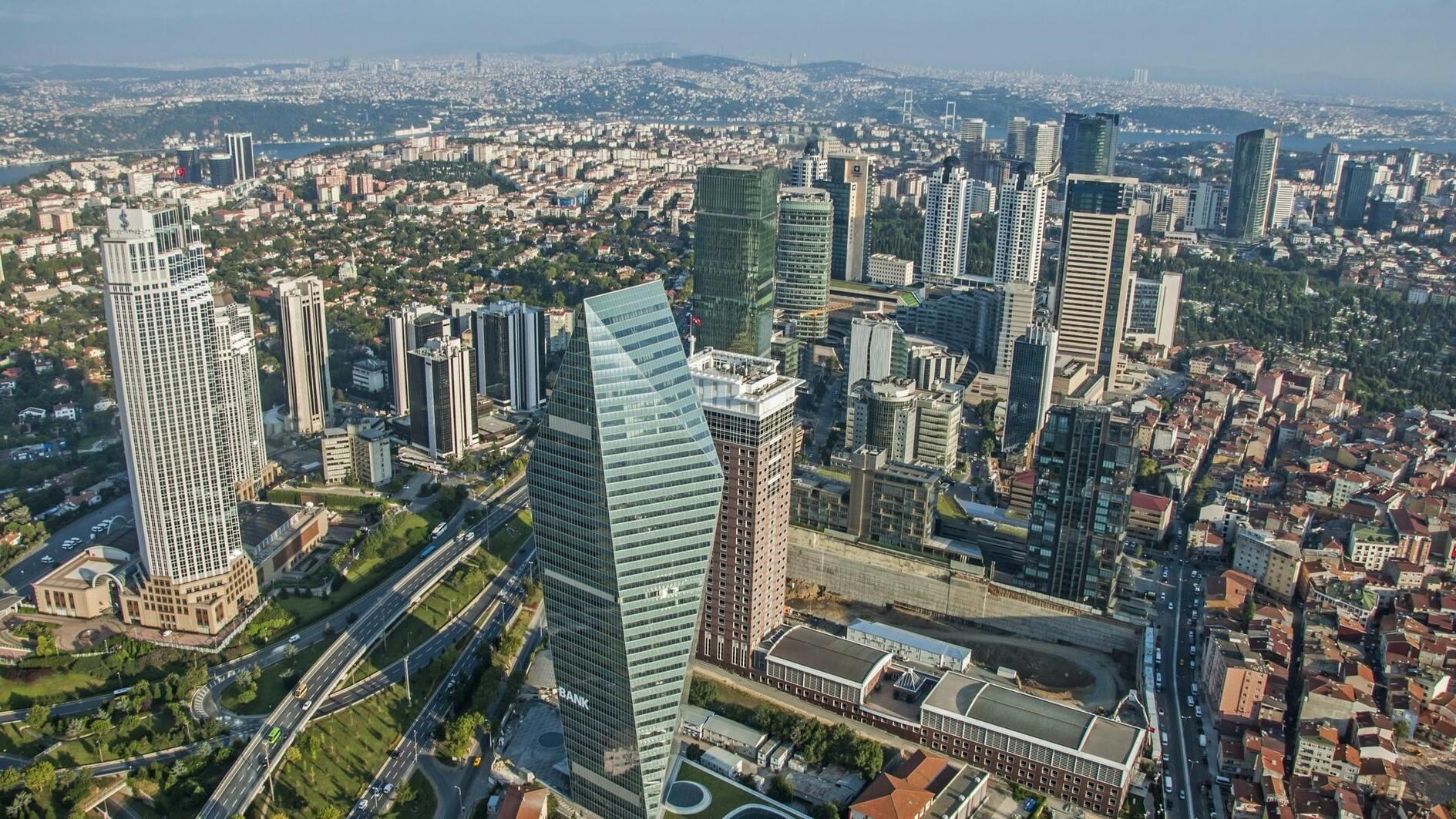Top police chief resigns after blunder in Britain
Hurriyet Daily News with wires
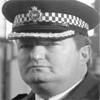
refid:11402513 ilişkili resim dosyası
Britain's top counterterrorism officer resigned from London's Metropolitan Police yesterday - a day after a security blunder forced police to move up a major operation in northern England.Assistant Commissioner Bob Quick, who was the senior police counterterrorism officer in Britain, was photographed Wednesday clutching confidential documents that could clearly be seen as he arrived for a meeting with Prime Minister Gordon Brown at 10 Downing St. The documents showed details of the planned anti-terror operation in northern England. In anti-terror raids later on Wednesday, police arrested a dozen men over their possible links with al-Qaeda terror group, reported The Associated Press.
Police said they were not aware of any instances in which the image of Quick holding the documents was made public before the raids were carried out Wednesday evening. After the raids took place, television news reports showed images of Quick holding them. Yesterday morning newspapers also carried the photos, with at least one major daily showing a close-up image of the documents in which details of the operation were legible.
Serious error
"I have today offered my resignation in the knowledge that my action could have compromised a major counterterrorism operation," Quick said in a statement released by the department. "I deeply regret the disruption caused to colleagues undertaking the operation and remain grateful for the way in which they adapted quickly and professionally to a revised time scale."
Commissioner Paul Stephenson, who heads the Metropolitan Police, said Quick "accepted that he made a serious error and that has led to his resignation this morning." Assistant Commissioner John Yates is replacing Quick as head of counterterrorism, Police Commissioner Paul Stephenson said.
Yates has been involved in several prominent cases, including an investigation into whether honors such as knighthoods and seats in Britain's House of Lords were being given in exchange for Labour Party donations. At the end of the investigation in 2007, which included questioning Tony Blair who was prime minister at the time, prosecutors did not charge anyone.
London Mayor Boris Johnson told BBC radio he accepted Quick's resignation with great reluctance and sadness. "There was absolutely no kind of witch-hunt or effort to get him out," Agence France-Presse quoted mayor as saying.
Opposition lawmaker Chris Grayling said Quick did the right thing by resigning. "It is unacceptable for Britain's most senior anti-terrorist officer to have had such an extraordinary lapse in judgment. To put the security of his police officers and the operation at risk has rendered his position untenable," Grayling told AP.
Quick is no stranger to controversy, having played a key role in the November 2008 arrest of an opposition lawmaker as part of a government department leak inquiry, which triggered a political uproar.
But his latest blunder adds to Scotland Yard's woes this week after the emergence of a video showing an officer violently pushing a man at protests against Thursday's G20 summit, minutes before he collapsed and died.
No deliberate attempt
A police watchdog body is investigating the death of Ian Tomlinson, and the Home Office interior ministry has said officers could face a criminal investigation, depending on the outcome of the watchdog probe. But, London police denied yesterday that there had been any deliberate attempt by the force to provide misleading information about the death of a man during anti-G20 protests in the capital last week.
"It is now clear that Tomlinson did come into contact with police prior to his death and that a number of the officers depicted in the footage on a national newspaper's website have identified themselves as MPS officers," Reuters quoted the Metropolitan Police force’s, or MPS, statement as saying.
Wednesday's police raids took place in the cities of Liverpool - including at John Moores University - and Manchester, plus the nearby town of Clitheroe. Greater Manchester Police said the suspects were detained under anti-terrorism laws at addresses in the cities of Manchester and Liverpool and the surrounding area, about 200 miles (300 kilometers) northwest of London. Police did not provide details about why they conducted the raids except to say they "acted on intelligence received."


